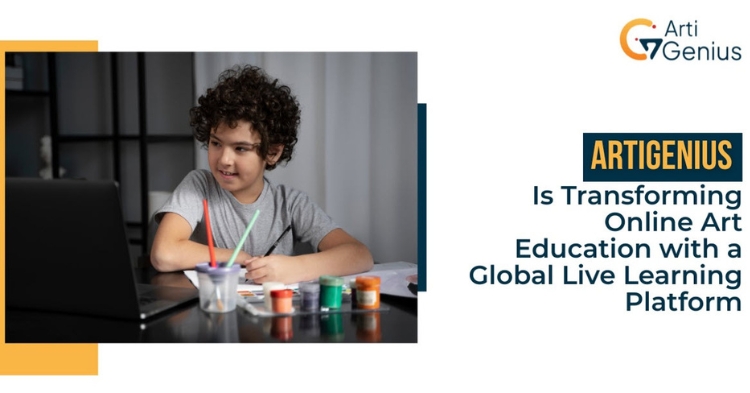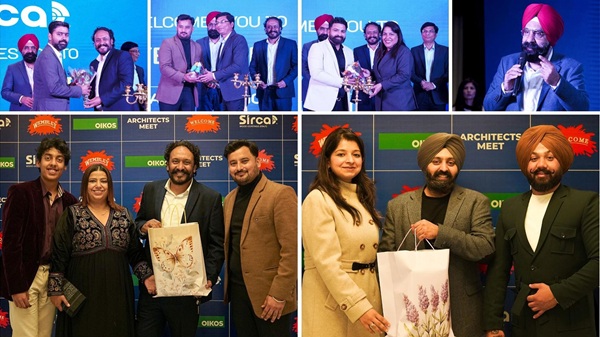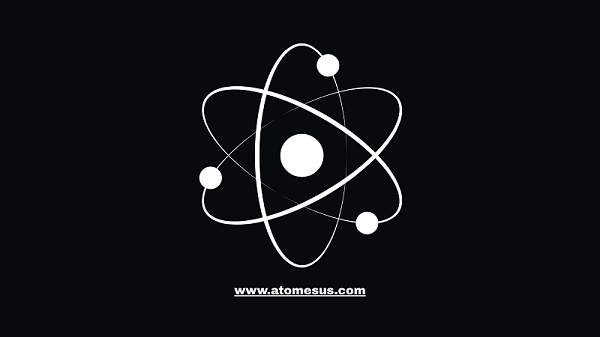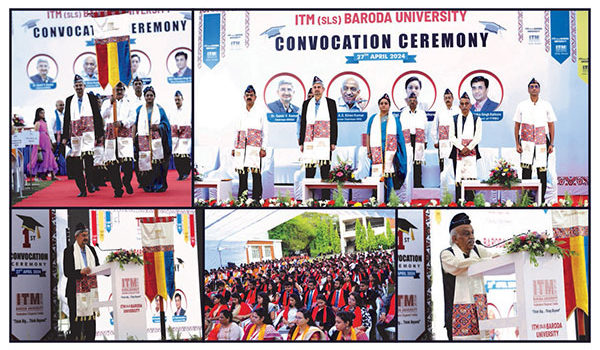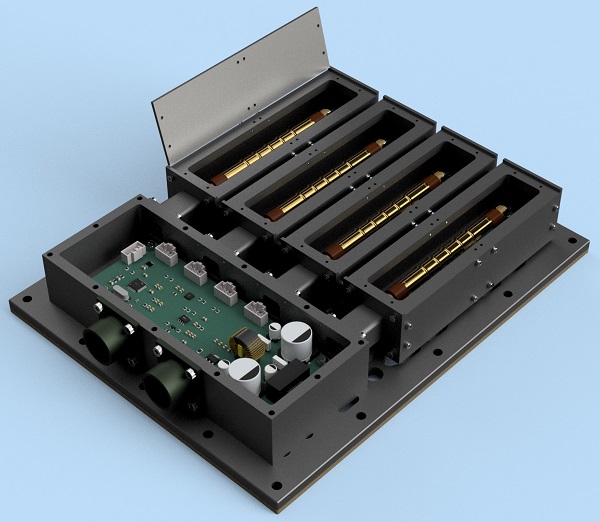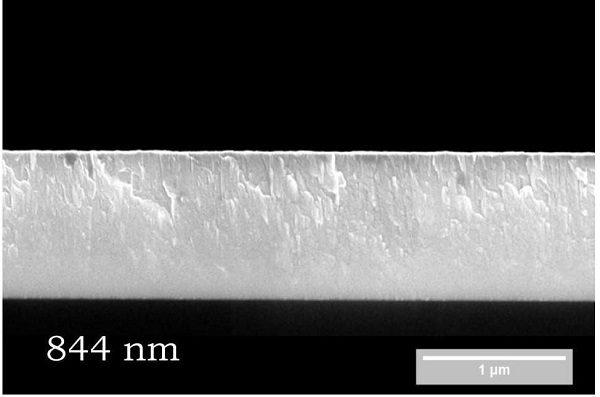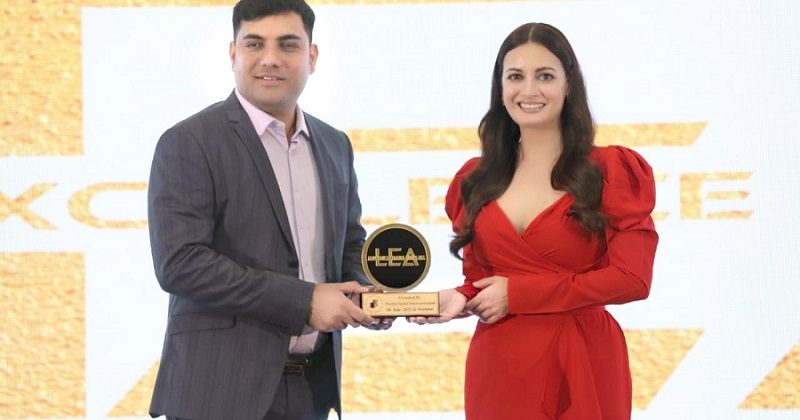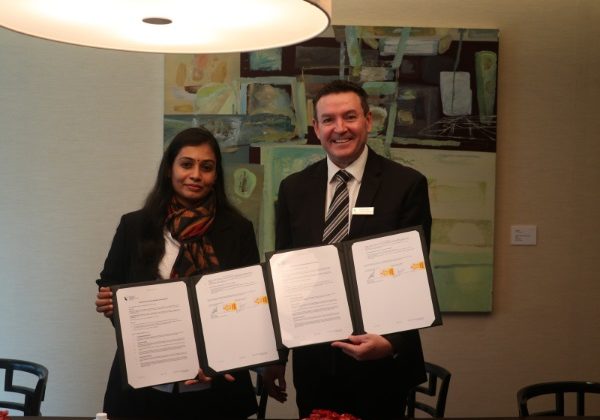
New Delhi, India — 03 November 2025: In a historic step for India’s growing artificial-intelligence ecosystem, Atomesus AI, developed under the leadership of Indus Valley Group, is gearing up for its official launch. The initiative, led by a group of passionate college innovators with research exposure to ISRO-linked projects, aims to make artificial intelligence accessible, affordable, and proudly Indian.
Pioneering Indian Innovation
Atomesus AI blends youthful creativity with deep technical expertise. The team has created a hybrid AI system that merges the precision of machine learning with the adaptability of contextual reasoning — a breakthrough designed to elevate user experience while preserving efficiency and scalability.
Unlike conventional startups that rely entirely on external technologies, Atomesus AI has built a proprietary integration layer combining in-house development with select global AI systems. This approach ensures enhanced performance, privacy protection, and a uniquely optimized platform for Indian and international users alike.
Mission: The World’s Most Affordable AI
Atomesus AI’s mission is clear — to become the world’s most affordable AI platform for everyone. From students and creators to small businesses and enterprises, the platform democratizes access to powerful AI tools once reserved for major corporations.
Its guiding motto, “AI for everyone, from India to the world,” reflects a commitment to inclusion, affordability, and global accessibility.
A Vision of National Self-Reliance
The founders of Atomesus AI envision an India that leads in the field of artificial intelligence. Their roadmap includes launching a fully indigenous AI model, trained and deployed entirely in India using localized data to ensure data sovereignty and technological autonomy.
As part of Indus Valley Group — a forward-looking conglomerate engaged in AI, space technology, Web3, and citizen-security — Atomesus AI stands as a testament to India’s drive toward self-reliance in advanced technologies.
Looking Ahead
The upcoming launch is set to be a milestone in India’s technological journey. With its hybrid framework, cost-effective model, and patriotic vision, Atomesus AI could redefine how AI is developed, delivered, and democratized worldwide.
Global tech analysts and AI enthusiasts are closely watching this development — not merely for another product launch, but for the beginning of India’s AI independence.
Technology & Transparency Statement
Atomesus AI combines proprietary innovations with licensed third-party AI technologies to deliver world-class performance, reliability, and affordability. All systems are compliant with global data-protection and ethical-AI standards.
Media Contact:
Press Office — Atomesus Ai PVT LTD
press@atomesus.com
Headquarters: New Delhi, India

